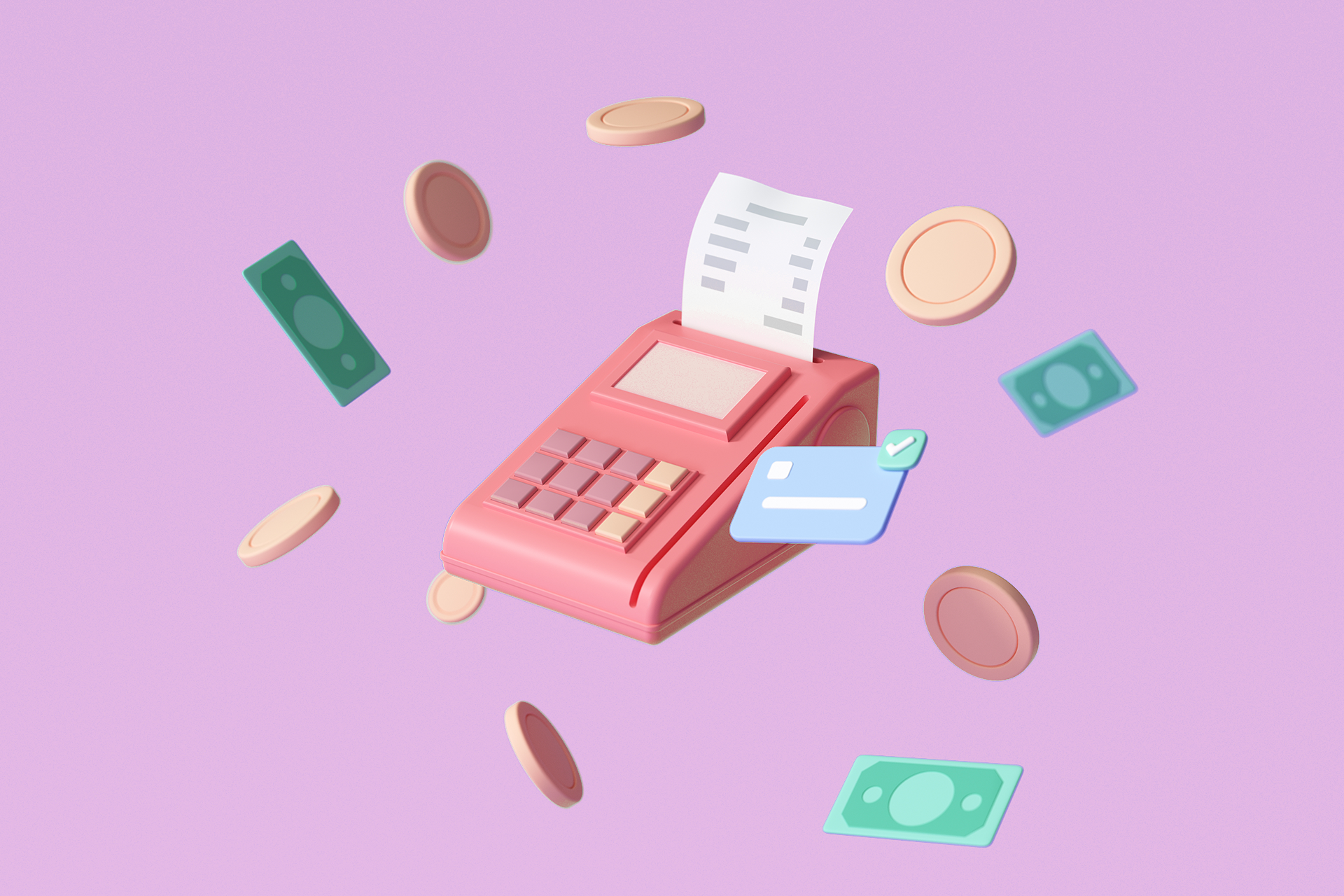March 8th is International Women’s Day. A day for acknowledging and celebrating women’s social, economic, cultural and political achievements. An important aspect of women’s day is calling out inequality, and to bring about visibility and make strides for a gender-equal world.
Women may not run the world, yet, but they are close to running the influencer marketing world. That’s right, female influencers make up 84% of the entire industry. However, despite this large representation, a large pay gap exists between male and female influencers.
What is the Influencer Marketing Pay Gap?
In 2019 we examined influencer rates with our Influencer Marketing Rate Report. The report identified a jarring pay gap between male and female influencers. At the time female influencers made up 77% of the industry and earned $108. As of March 2020, female influencers contribute to 84% of the industry and earn $128 less than their male counterparts.
Gender wage inequality is an issue that affects almost every industry, and influencer marketing is no different. There are many factors that can contribute to this. In influencer marketing, an influencer typically sets and negotiate their own wages. This type of system often favors men, who will usually ask for a higher base salary and is better at advocating for themselves in a negotiation process.
Another factor that can impact pricing is age. The average age of a male influencer is 29, while the average age of a female influencer is 23.
Which Influencer Categories Have The Most Women?
Many categories in influencer marketing are well represented by men and women, but some do have a much higher proportion of a specific gender. Female influencers dominate DIY, Parenting, Beauty, and Fashion while male influencers are more prominent in Gun, Biking, Football, and Basketball.
Other categories such as photography, fitness, and basketball see a more equal distribution between male and female influencers, though still favor female influencers.
Does a Pay Gap Exist for LGBTQ+ Influencers?
Another interesting finding we’ve observed is that LGBTQ influencers do not suffer from a pay-gap. In fact, LGBT+ influencers earn around $500 a post, which is 25% more than non-LGBT influencers who only earn $407.
However, it is important to note that LGBT influencers include males and females, so pricing does not have a gender bias.
Can We Fix The Influencer Pay Gap?
Addressing pay inequality in influencer marketing is first about acknowledging that there is an issue. There are many factors that can contribute to this. As we mentioned earlier, influencer marketing rates are often set by the influencers and then negotiated. A process that typically favors men, who often set high rates and are more assertive in negotiations. Brands should set guidelines for factors that are used to determine rates like engagement and true reach and be mindful of how prices are set with male and female partners.
For more information, please read the Gender Pay Gap in Tech Report.
It’s also important that women are encouraged to advocate for themselves and taught useful negotiation tools. Still, women are paid less than men in almost every industry, and it’s critical that industries set standards to ensure equality.
Ready to discover your next influencer? Schedule a meeting with an influencer marketing specialist:
